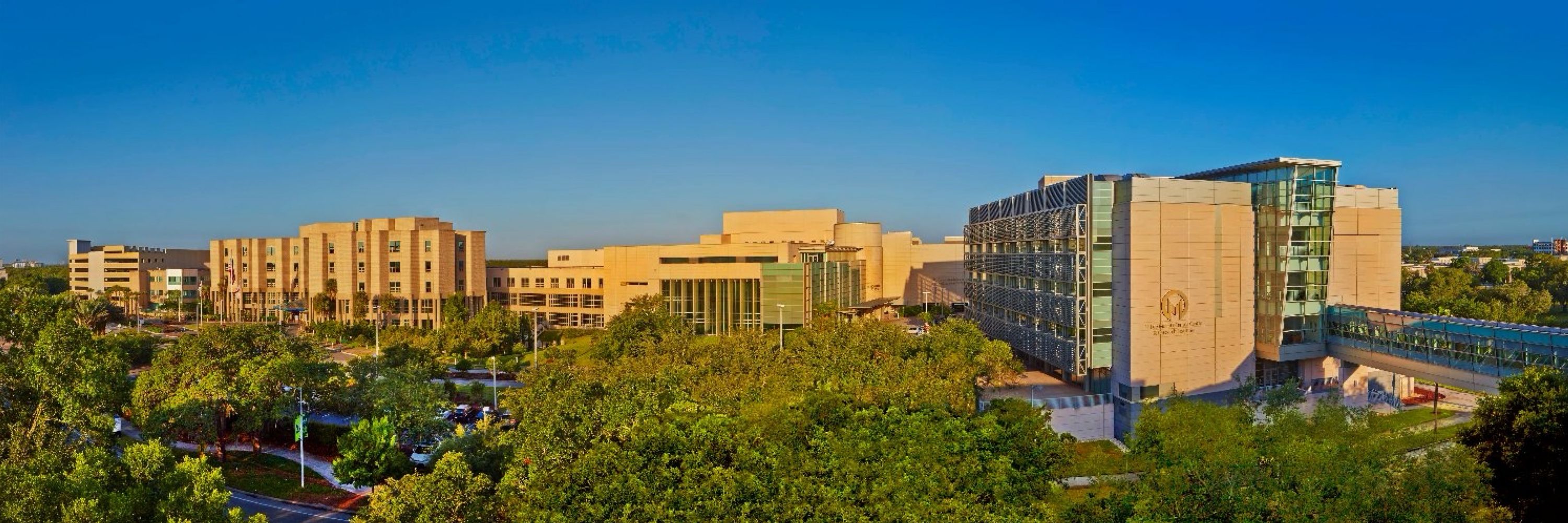
🔗 Here's a link to the full study: lnkd.in/etf8fkf8
#Immunotherapy #PancreaticCancer #CancerResearch

🔗 Here's a link to the full study: lnkd.in/etf8fkf8
#Immunotherapy #PancreaticCancer #CancerResearch
🔗 Here's a link to the full article via @nejm.org - www.nejm.org/doi/full/10....
#Immunology #Immunotherapy #CancerResearch

🔗 Here's a link to the full article via @nejm.org - www.nejm.org/doi/full/10....
#Immunology #Immunotherapy #CancerResearch
Here’s a link to the full study- www.nature.com/articles/s41591-025-03627-5
Here’s a link to the full study- www.nature.com/articles/s41591-025-03627-5
🔗 Here’s a link to the full study: www.nature.com/articles/s43018-025-00929-y
@naturecancer.bsky.social
🔗 Here’s a link to the full study: www.nature.com/articles/s43018-025-00929-y
@naturecancer.bsky.social

